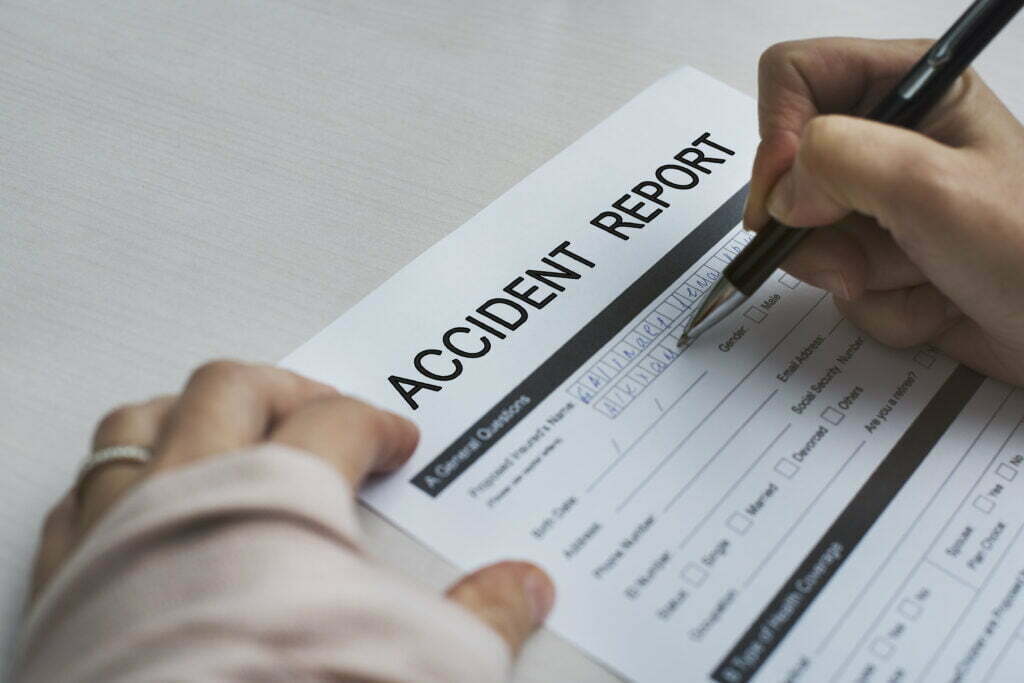When just given the name, Supplemental Security Income and Social Security Disability Insurance sound very similar, especially when they’re referred to by their abbreviations: SSI and SSDI. However, Supplemental Security Income and Social Security Disability are very different and have very different requirements for who can qualify.

SSI refers to Supplemental Security Income. SSI is designed to support those in financial need. Whether or not you qualify has nothing to do with your work history. The only thing that’s taken into consideration is your income and financial situation. In order to receive SSI benefits, you must have less than $2,000 in assets. If you are married, you must have less than $3,000. Unlike SSDI, SSI is funded by general taxes rather than the Social Security trust fund.
On the other hand, Social Security Disability has to do with your employment status. Because funds are drawn from payroll taxes, your eligibility has to do with how long you’ve been employed and paying into Social Security. In order to receive these benefits, you must be younger than 65. You must also have earned a certain number of work credits. These work credits are determined by your annual income.

The Supplemental Security Income (SSI) program provides cash assistance to people who are unable to work because of physical or mental impairment. The Social Security Disability Insurance (SSDI) program pays monthly benefits to people who become too ill to work due to a medical condition. If you meet the requirements of both programs, you could receive payments from both programs simultaneously. This is what the Social Security Administration calls “concurrent“.

Many people think that if they apply for Supplemental Security Income (SSI), it will automatically be approved. Unfortunately, this isn’t always true. In fact, many applicants are denied because they don’t meet the requirements. But there are ways to appeal such denials.
If you believe you qualify for SSI and have been wrongly denied based on incorrect information, you might want to consider appealing. You can do this yourself or hire someone to represent you.
If you qualify for either SSI or SSDI, be sure to contact an experienced attorney. We can help guide you through the process of applying for these benefits and make sure that you doing what best fits your situation.
No matter what kind of job you’re working, accidents happen. There’s always a possibility of injury. That’s why it’s vital that employers carry workers’ compensation insurance. However, is your employer required to carry workers comp insurance? And what happens if they don’t? Should you get hurt on the job, will you receive any benefits? This article answers these questions and more.

If an employer has less than three employees, they don’t legally have to carry workers’ comp.
This law applies to both full-time and part-time employees; so if your company has less than 3 employees (not including contractors), it’s possible that they may not have workers’ comp insurance.
While it is a law, there are still many companies with more than three employees who do not have workers’ compensation. While this is illegal, if your employer doesn’t have workers’ comp insurance, you won’t be protected if you’re hurt at work.
Workers’ comp protects the injured worker from having to pay for their medical bills out of pocket. It also covers lost wages while recovering from injuries sustained on the job. If you get hurt at work, you can file a claim against your employer through workers’ comp. This will help cover any medical expenses, as well as lost wages until you’re able to return to work.


Be sure to ask your employer whether or not they carry workman’s comp insurance. Even if this feels like an awkward question to ask, it’s better to ask and know than run the risk of working for an employer with no insurance.
It’s also important to note that contractors do not count towards the three employees count. If you’re a contract worker, or the number of employees not including contractors is less than three, it’s possible that your employer doesn’t have insurance.
We recommend being cautious about an employer who doesn’t carry workers’ compensation. You don’t want to find yourself injured on the job without any compensation. It may be worth finding a different job rather than taking the risk.
When you’re focusing on recovering from an injury, the last thing you want to think about is having to deal with a legal battle to get the settlement you deserve. However, waiting can put you at risk of not receiving anything for your case. That’s why it’s always best to act as quickly as possible. Given this, what is the statute of limitations on personal injury cases?

The actual statute of limitations on personal injury cases is 3 years. This means that from the date of your injury, you have 3 years to file a personal injury claim — but it’s always a good idea to get started as soon as you can.
For one thing, you don’t want to let time slip away from you. If you keep putting off filing your claim, you could miss your window, in which case the at-fault party would not be held responsible, and you would get nothing from them.
Another reason to make your claim early is that your case is still fresh in the minds of doctors, physicians, and other experts you will need to support your case. For instance, if your doctor is asked to testify, they’re much more likely to remember the details of your case if it happened a few months ago rather than if it happened a few years ago. Your doctor’s testimony is going to be more credible if it is more recent.

We understand that it can be incredibly overwhelming to deal with both recovery and your personal injury case. That’s why we recommend working with an attorney from day one. We’ll be with you every step of the way to make sure that everything is taken care of.
Unless you’re being directly affected, it can be easy to forget that one of the biggest things happening in eminent domain law is happening right now in Guilford County. I’m referring to the proposed 311 bypass and the homeowners that are going to be facing a variety of outcomes due to its construction.
Those who own property along the proposed 311 bypass are in a tricky situation. While some homeowners will have their properties purchased by the government, the government is not required to buy all of the homes in the area.
What’s more, once the 311 bypass is built, homeowners whose property is not purchased will likely see a property value decrease. These homeowners are struggling to find out what their rights are and what they can do to defend themselves against this loss in value.
Even if you’re not directly affected by the 311 bypass, it’s still important to know your rights when it comes to eminent domain. With as much construction as we’re seeing in North Carolina right now, it’s important that you know what the state can and can’t do when it comes to purchasing your land.
You’re entitled to the fair market value of your property at the time it was taken. So it’s important to do your research to find out exactly what your home is worth. It’s a good idea to hire an appraiser who can give you an expert opinion. Remember, you don’t have to accept the price that is offered to you.
Every time we get asked “does workers comp cover weather-related injury“, we wish there was a more straightforward answer. But the truth of the matter is that it really depends. In some situations, North Carolina courts tend to rule in favor of weather-related cases; in others, not so much. The outcomes of these workers’ comp claims tend to rely heavily on how directly related to your work the weather related injury was.

In other words, the courts are looking for whether or not you would have been exposed to the same danger no matter whether you were at work or not.
In one case, the courts denied a claim in which an employee was injured at work when a tornado collapsed part of the building they were in. Basically, the court said that even though they were at work, their injury could have just as easily happened if they had been home. Their being at work did not cause the injury.
However, in another case, one worker died from heat exhaustion after working on a 104-degree day. The employee’s job required him to work near the melted lead, which of course increased the temperature of the room he was in. Because of this, the court ruled that this situation was compensable.
When considering whether or not your weather-related injury is covered by workman’s compensation, it’s important to consider the causes of the injury. Was it caused directly by the nature of your job? Or was the injury just circumstantial? An experienced attorney can help you determine whether or not your case qualifies.